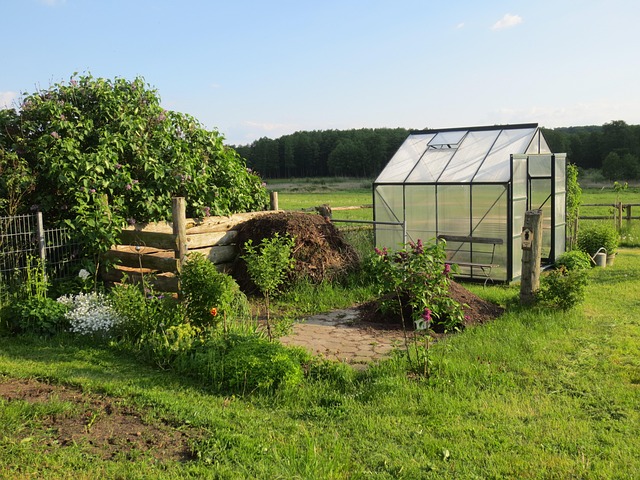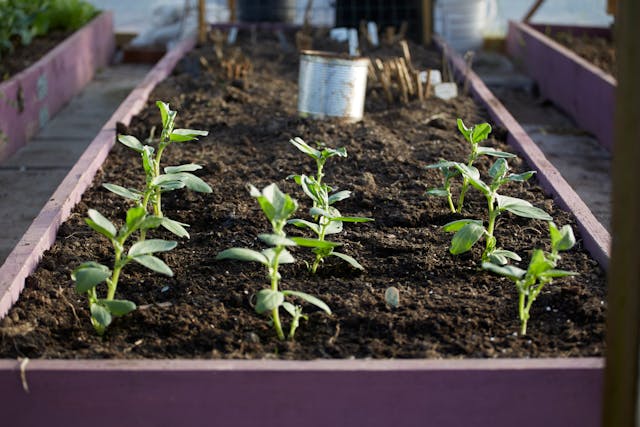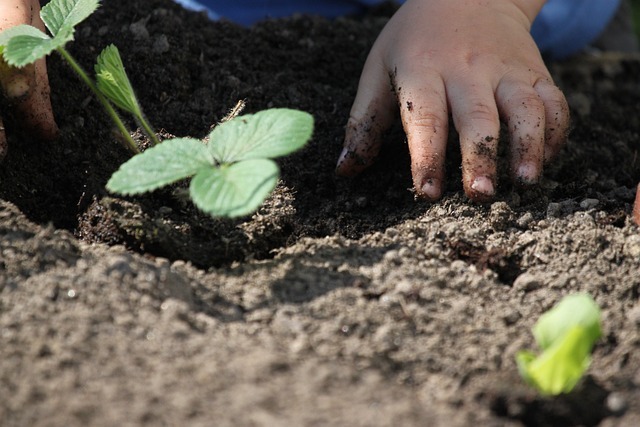Schrebergarten » So findest du deinen persönlichen Rückzugsort
Der Traum eines eigenen Schrebergartens ist für viele ein Stück Lebensqualität und Erholung vom hektischen Stadttreiben. In einem kleinen grünen Paradies bietet sich die Gelegenheit, den Alltag hinter sich zu lassen. Ob du gerne Gemüse anpflanzt oder einfach nur in der Sonne entspannen möchtest, ein Schrebergarten kann deinen ganz persönlichen Rückzugsort darstellen. Entdecke, wie du mit wenigen …
Schrebergarten » So findest du deinen persönlichen Rückzugsort Weiterlesen »










